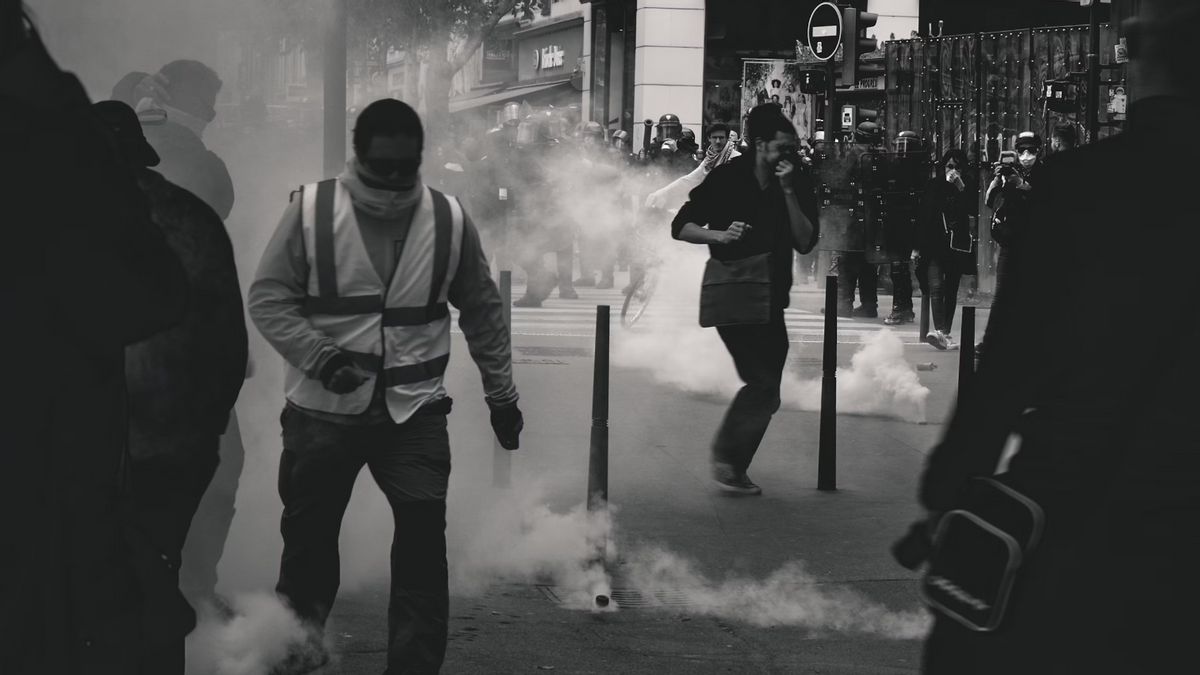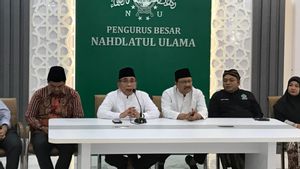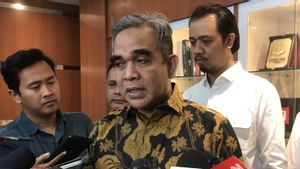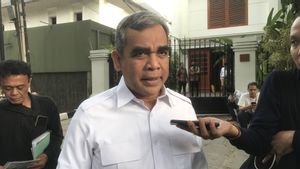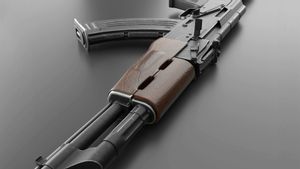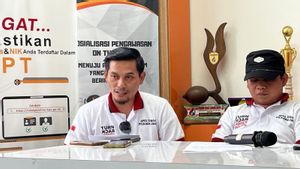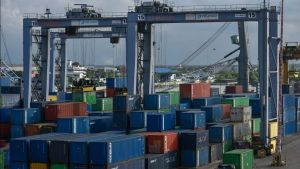JAKARTA - Thousands of antihuru-hara police spread across campuses in Bangladesh a day after protests against the government's work quota system turned violent with more than 100 people injured.
In the first significant demonstration against Prime Minister Sheikh Hasina's government, protests expanded over a job quota, including 30 percent reservation for descendants of freedom fighters from the 1971 War of Independence.
Reported by Reuters, stagnant job growth in the private sector of Bangladesh has created jobs in the government, which offers a routine wage increase and other privileges, to become more attractive, said Mohammad Abdur Razzaque, head of Research and Policy Integration for Development.
In Bangladesh, 56 percent of government work is reserved for various quotas. Women get 10 percent reservation, 10 percent for people from disadvantaged areas, 5 percent for indigenous peoples, and 1 percent for people with disabilities.
The violence took place on Monday when thousands of anti-coup protesters clashed with members of the student wing of the Awami League party led by Prime Minister Sheikh Hasina.
Protesters have planned more demonstrations and demonstrations across the country and demonstrations will continue until their demands are met, said Nahid Islam, coordinator of anti-coota protests.
Sporadic violence was reported on Tuesday, July 17, where students blocked railroads and main highways. TV footage shows the presence of many police, wearing protective vests and helmets, and armed with wooden sticks, outside the campus of Dhaka University.
Student wings from the main opposition, the Bangladesh Nationalist Party, also called for protests on Wednesday to show resistance to Monday's attack on students protesting.
Protests began earlier this month when the High Court ordered the government to reimpose a work quota of 30 percent.
SEE ALSO:
The Supreme Court suspended the order last week for a month but protests continued and intensified after Hasina refused to comply with student demands, arguing the court proceedings were ongoing.
Hasina called those who opposed the quota a "racakar" - a term used for those suspected of working with Pakistani soldiers during the 1971 war - sparking broader protests.
Although manufacturing production has grown by an average of 10% per year since 2011, employment in this sector has declined between 2017 and 2023, Razzaque said, citing official statistics.
In addition, youth unemployment is also high, with nearly 32 million young people not getting education, work, or training, "added Razzaque.
The English, Chinese, Japanese, Arabic, and French versions are automatically generated by the AI. So there may still be inaccuracies in translating, please always see Indonesian as our main language. (system supported by DigitalSiber.id)
